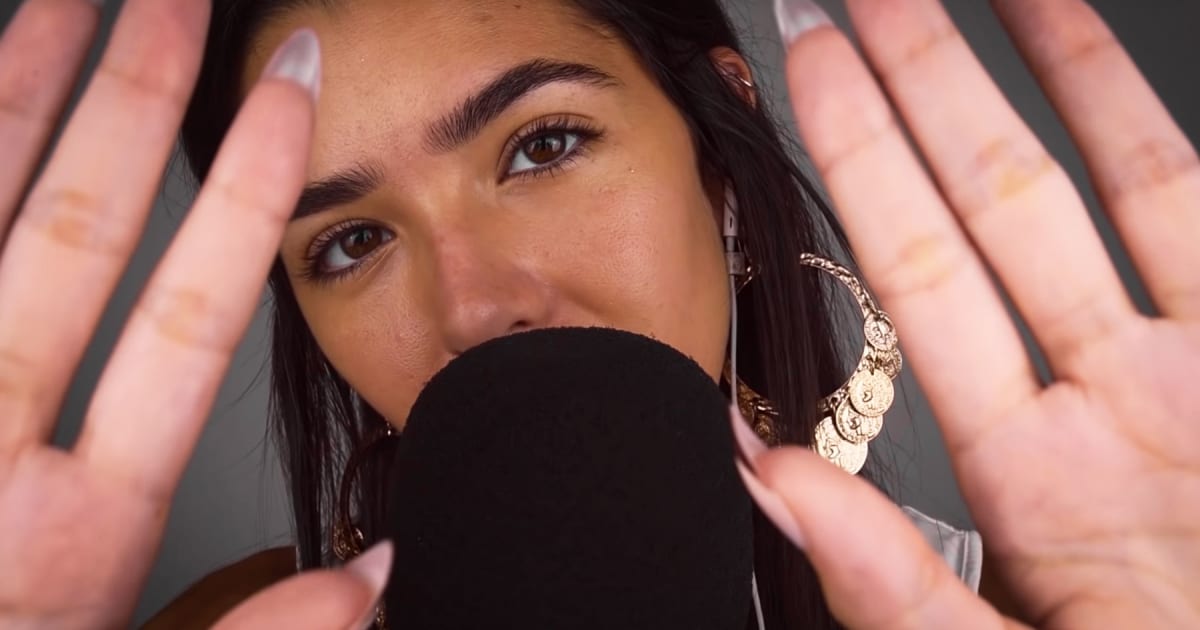
This past week, non-sexual ASMR video creators Sharon DuBois (ASMR Glow), Scottish Murmurs, Creative Calm, and Rose ASMR have been permanently banned from Paypal and had their funds frozen for 180 days. Like with YouTube’s July censorship sweep, the women create videos of sound effects and have been expelled from the payment utility under alleged violations of the company’s sexual content policy prohibitions. ASMR community websites are now warning all creators to avoid PayPal.
Woken up to an email from PayPal claiming I can no longer use PayPal AT ALL. FOREVER. My funds are blocked for 180 days, and I can’t create a new account. Please do not send me any donations, or payments to my PayPal. I have no idea why this has happened
— CC (@ccalmasmr) September 7, 2018
Capitalizing on an entrenched and easily exploitable anti-sex policies by internet giant payment processors, and a new internet sex panic ushered in by FOSTA, 8chan trolls have started a campaign to mass-report attractive women who make ASMR videos. Listing names of women making these sound effect videos in a forum thread called “Paypal lowering the hammer on ASMRtits” they’ve declared war by posting links to report pages for PayPal, and called upon fellow haters to get the women kicked off YouTube and Patreon as well. They’re laughing at the women’s anguish over creating non-sexual content and losing their revenue streams, saying things like “another whore for the deep-freeze” — in between between posting anti-Semitic and Pepe the frog images, of course.
If you’re unfamiliar with ASMR, it’s essentially a genre of videos where the creator makes sound effects in a variety of scenarios that are geared toward evoking a sense-memory of tingling sensations from the back of the head. If anyone ever played with your hair and you felt a funny, but calming shiver, you get the idea. The performance artists in these videos do things to create sounds like playing with hair, brushing microphones with makeup brushes, chewing ice, and lots of other things that evoke a feeling for viewers. Not everyone tunes into the sensations, but those who do, find it very beneficial.
It may sound weird, but it’s quite popular — especially with people combating anxiety and insomnia. University research has found that these sound effects and their resultant physical trigger, ASMR (“autonomous sensory meridian response”), actually work. In June this year, the University of Sheffield’s department of psychology found that people who “use” ASMR showed significant reductions in heart rates, as well as lowering of stress and anxiety, and feelings of social connectivity.
“The study found that those who experience ASMR showed significantly greater reductions in their heart rates when watching ASMR videos (an average decrease of 3.14 beats per minute) compared to those who do not,” wrote the researchers. “They also showed significant increases in positive emotions including relaxation and feelings of social connection.”
What’s more, in 2015, researchers at Swansea University in Wales found that 85% of people who watch (listen to) ASMR videos use them to reliably fall asleep. “There is a suggestion that ASMR may be of use for providing temporary relief to individuals with depression, stress and chronic pain,” the study abstract explained.
It’s particularly important (for our purposes here) to note that the research found “82% agreed that they used ASMR to help them sleep, and 70% used ASMR to deal with stress. A small number of individuals (5%) reported using ASMR media for sexual stimulation, with the vast majority of participants (84%) disagreeing with this notion.”
For those curious, “The sample of the present study was comprised of 245 men, 222 women and 8 individuals of non-binary gender (N = 475).”


No comments: